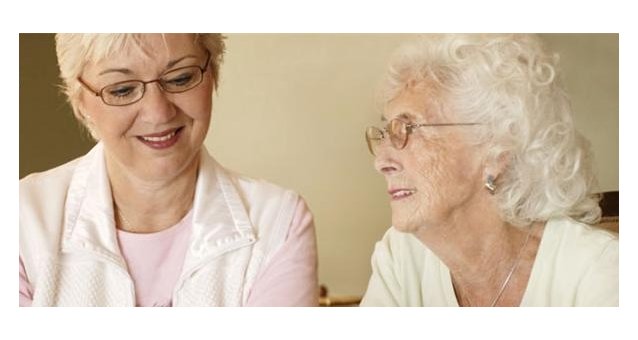EWL discusses gender pension gap with member states

[Brussels, 10 November 2011] Women’s pensions are lower than those of men, owing to different life-courses and gender inequalities. On 3 and 4 November, the EWL participated in a so-called "peer review" where twelve EU Member States discussed solutions for this problem.
Germany, the host of the meeting, presented the shocking results of recent study about the gender pension gap: in Germany, women’s individual pension income is almost 60% lower than those of their male counterparts.
Germany has already introduced measures to take women’s different life courses into account in its pension system. The Member States debated in particular the way German pension system compensates for care periods and allows for the sharing of pension entitlements between couples, and they discussed the transferability of these policies to other countries.
EWL called for gender equal pension systems
The EWL stressed that issues of gender equality and gender discrimination run through the whole debate on pensions and proposed pension systems could be made more gender equal through individualisation of pension rights and through compensating for care periods.
First, the EWL reminded that old age poverty has a feminine face, and suggested that pension systems should guarantee everyone an access to an adequate universal basic pension entitlement, which is not means tested.
Second, the EWL drew attention to the gender pension gap and described it as the accumulated price of the gender inequalities that women who are retired today have faced throughout their lives.
The EWL pointed out that women’s increasing labour market participation will not make this gap disappear in the future. Tackling it requires reddressing gender inequalities in the labour market and at home and a holistic approach to care. As long as gender inequalities have a negative impact on women’s pensions, pension systems should even out the gender pension gap by compensating women for the past inequalities.
Third, the EWL pointed out that currently pension systems value uninterrupted careers and penalise for unpaid care work that is crucial to our societies, and stressed that the norms behind these systems must be changed. Pension systems must recognise the value of care work and compensate for it adequately, and see both women and men as earners and carers.
The EWL critised the recent trends to streghten the link between contributions and benefits and to shift the emphasise occupational and private pension schemes for streghtening the idea that a long, uninterrupted career is the precondition of an adequate pension income. The EWL called on the Member States to ensure that pension systems must make a norm out of the life course that includes both periods of work and periods of care and ensure such a life-course will entitle both women and men to a dignified life at the old age.
Outcomes
The Member States concluded that women will need a strong public pension system that compensates for care periods. In view of the demographic changes, also care for elderly relatives and other dependents should be taken into account.
It was agreed that it is not enough to compensate women for their different life courses, but to change the norm and address the unequal distribution of unpaid care work between women and men.
Participants also recognised that occupational and private pension systems must be made more gender equal, but not many concrete proposals were made.
It was also noted that in order to reduce the gender pension gap, pension reforms must go hand in hand with employment policies, other social protection policies, gender equality policies, streghtened public care services, and reconciliation policies.




